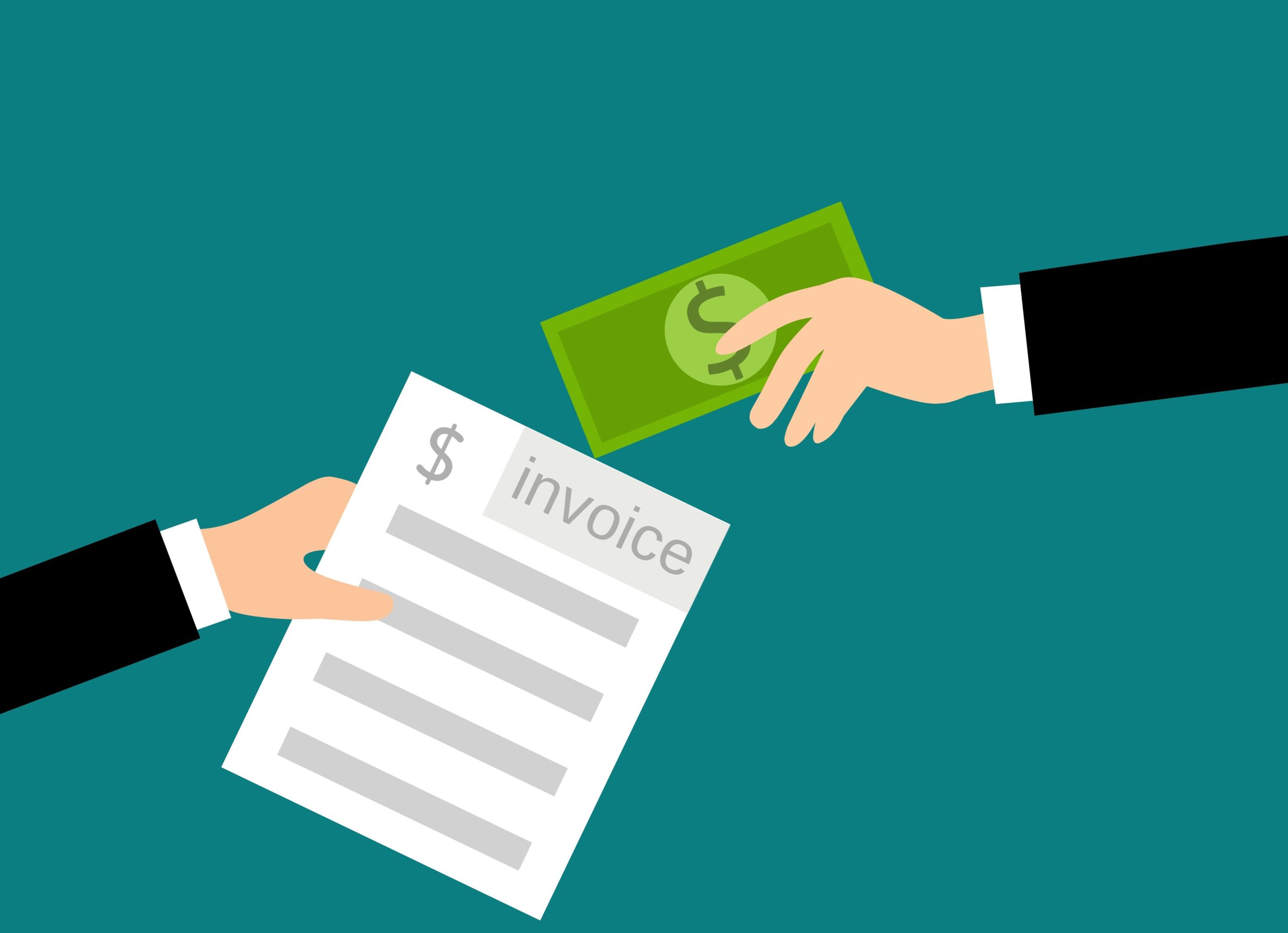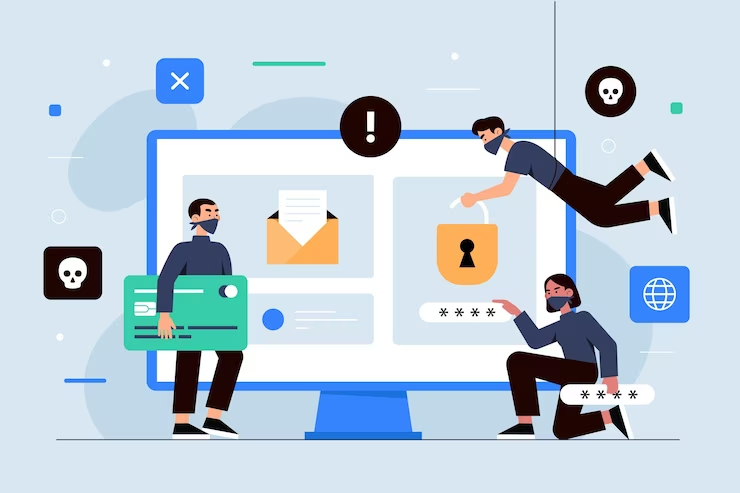When you own a small business, there can be a blurring of the lines between your personal and business life. You work at home, you work on vacation, and you plan everything around your business. There may be ambiguity about expenses for your business and personal life. Whether it’s calculating self-employment taxes, deciphering an IRS 1099k form, or determining what qualifies as an expense, the world of self-employment can be quite complicated. This can make filing your taxes more tricky since you should reduce the taxes that you owe while also being honest and within the bounds of the law.

Personal expenses cannot be claimed to reduce your business income on your tax return. This is why it’s important that you get the distinction and not make a mistake. You don’t want to end up being on the receiving end of an audit from the IRS. Do not use the same accounts and credit cards for personal and business purposes. Using the same accounts might make your life easier, but it could mean that you cannot claim certain expenses, meaning you will miss out on some deductions.
Types of Business Expenses
There are certain types of expenses for your business that you can claim on your tax return. Unfortunately, some of them can be difficult to separate from your personal expenses. Here are some of the most common that can make it difficult to decipher. For any expenses, make sure that you keep the receipts so that you have proof of your claim.
Rent or Mortgage
This is one of the most tricky expenses. Many people work from home and run their businesses out of their homes. About half of small businesses are home-based. If you own your home, you already have a homeowner’s policy. Does that mean that you can claim your home on your business taxes?
In truth, you can’t claim your entire home, but you can claim a portion of it. If you have a home office, you should measure it out and claim that portion as a percentage of your mortgage. The IRS provides a calculation to ensure that you claim the correct amount. This will help with your mortgage and also recognize that you work from home and use a portion of it for work. If you are ever audited, you will need to prove that you use that space primarily for your business, which means that the couch in your living room would not count.
Insurance
Car Insurance can also be tricky for self-employed people. A personal policy will protect a business owner who uses their car for work in some cases. However, it depends on the type of tasks and what is being transported in the car. For example, a personal policy would not cover a delivery service in your van or the transport of construction equipment in your pickup truck. However, using a car to drive from one work location to another may be covered.
If you are unsure about what coverage you have, you should talk to a tested business car insurance provider. They will give you all the information and advice you need to ensure that you have the right coverage. If you need commercial coverage, you can claim that portion of your insurance costs for your taxes.
Computers and Equipment
You may also have equipment or electronics that you use for both business and personal use. For a claim on your taxes, you have to estimate how much you use something for personal use and business use. For example, if you are a freelancer, you use your laptop for business. However, you probably don’t also have a laptop for non-business things like surfing the web and streaming video. If you estimate that you use it 75% of the time for business purposes and the other 25% for personal use, you can claim 75% of that cost. This can also apply to equipment, such as kitchen appliances for caterers.
Hobby Loss
Hobby loss rules can further blur the lines between personal and business expenses. A hobby loss is when you have expenses related to a hobby that you also use to get revenue. While you might think that it is a work or business-related expense, the IRS may think differently. They may rule that your hobby is a recreational activity. This means that your income from that activity is subject to taxes, but your expenses are not eligible to reduce your business income. However, if the IRS determines that it is not primarily a recreational activity and is a business, you can claim your expenses on your taxes.
Hobby Loss Criteria
The concept behind hobby loss rules is that the IRS may feel that you would have spent the money on your hobby regardless of whether you were bringing in income. These rules, as per IRC Section 183, outline that while a hobby can be a business, it is not considered such in all cases. As a claimant, you would have to prove that you conduct your hobby activities primarily for-profit and not for pleasure. The IRS will often put extra scrutiny on businesses deemed to be based on hobby activities.
One of the factors the IRS will use is whether you have earned a profit for three out of the past five years. However, some activities, such as horse breeding and training, only require profit for two out of seven years. This reflects that profit can be based on wins and losses and other factors that can’t be controlled. The IRS does not have many other firm requirements, making it a murky situation. In general, if you put in effort to make a profit, depend on the income, and have the necessary knowledge to be successful at it, then there’s a good chance that you can claim it as a business.
The last thing you want to do is file incorrect taxes. This will not only affect how much you think you can claim on your taxes, but it could also trigger an audit or penalties. Make sure that you understand the difference between business and personal expenses so that your tax filings are always correct and above board.
















Add Comment